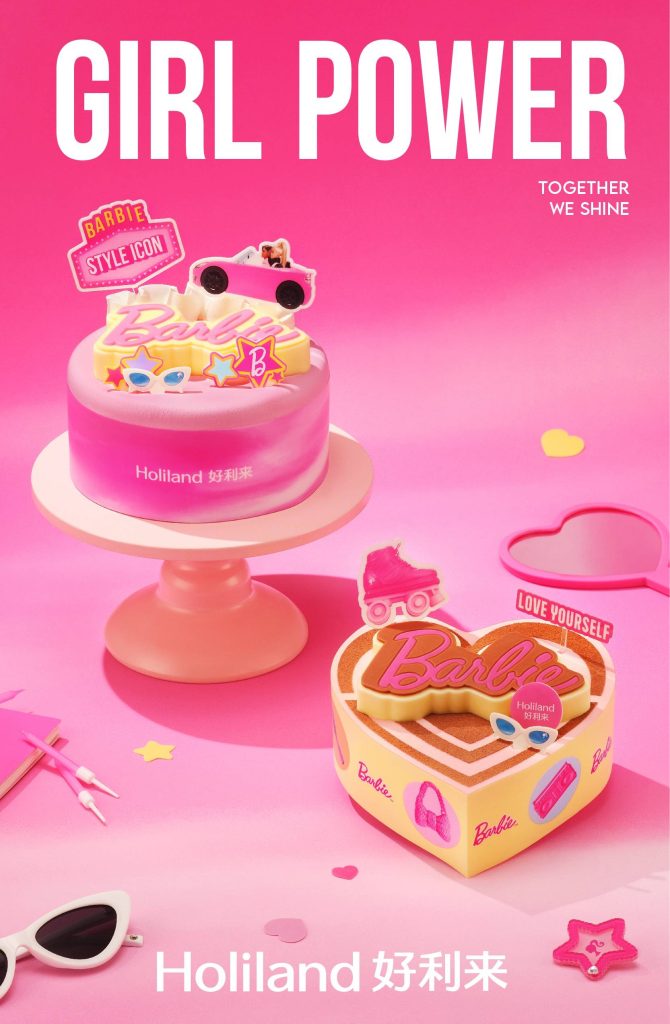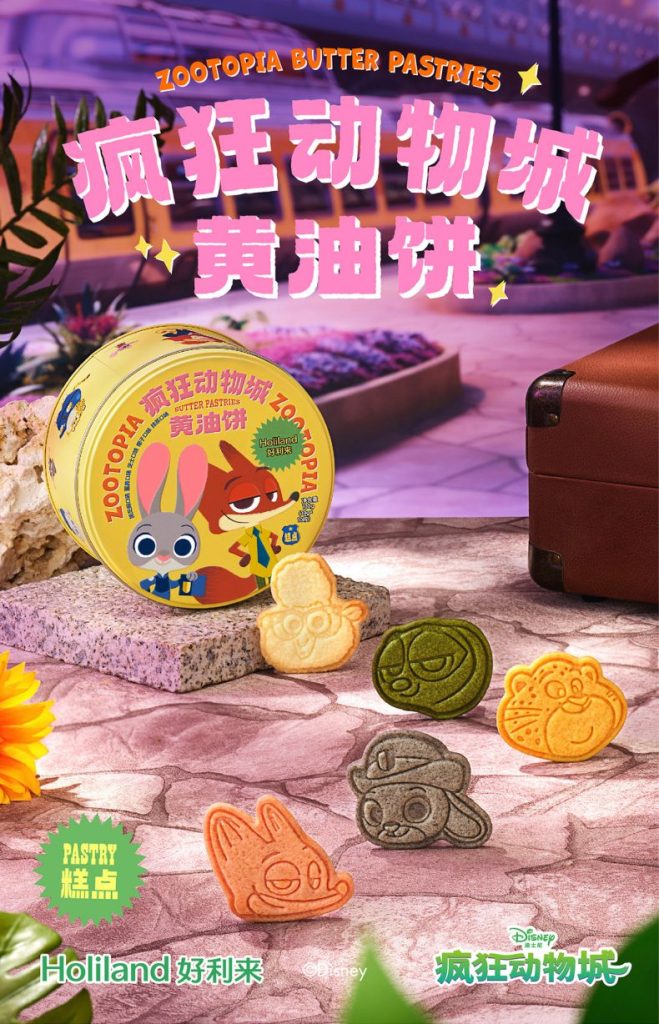Relating to Erving GoffmanÔÇÖs Impression Management,people are always trying to shape their audiencesÔÇÖ impression about themselves by some specific ways,such as posting fancy life-style images in social media platforms to create an image of rich man and so on.Although these identity constructions may have a certain level of uniformity and deceit, they can still bring significant benefits and wealth. We know that being an internet influencer can be very lucrative, as they successfully create various personas online, such as beauty bloggers or lifestyle influencers, attracting many potential advertisers, even if they are just 18 years old. Through this successful identity establishment, they can earn money in the digital world. Similarly, brands can utilize personal IP in the digital realm to open new avenues for promotion. This kind of personal IP marketing can often serve as a subtle form of indirect advertising, allowing customers to receive brand messages without realizing it, thereby becoming aware of the brand.
HolilandÔÇÖs success
For example, the well-known Chinese cake brand ÔÇťHoliland,ÔÇŁ which was founded in 1994 in Lanzhou, China, was once one of the most famous cake brands in the country. However, due to management issues, its sales declined. In recent years, this cake brand has made a comeback, creating a new cake trend in contemporary China. One successful reason for this resurgence is the personal branding of the CEOÔÇÖs second son, Luochen. By managing the ÔÇťLuochen BossÔÇŁ Douyin account, he shares various ÔÇťsocially anxious scenariosÔÇŁ from his daily work life. What makes it unique is that he portrays the perspective of a socially anxious boss who grapples with whether to greet employees and worries about making awkward comments in front of clients.
Through the creation of this humorous and relatable persona of a socially anxious new boss, the ÔÇťLuochen BossÔÇŁ account initially attracted a following as a comedy influencer. From the very beginning, the account made it clear that it was the real bossÔÇÖs account and reflected his real life. This transparency led people to comment and speculate about which company he actually runs. By leveraging this mystery around his identity, the account managed to retain a portion of its audience, marking the first stage of personal IP for the cake brand Holiland.
In addition to the humor, the ÔÇťLuochen BossÔÇŁ account also showcases Luochen seriously making cakes, creating a striking contrast with his introverted persona and surprising followers.
Conclusion
At times, brands need to cultivate a positive image to attract customers. Effectively utilizing Erving GoffmanÔÇÖs Impression Management theory can play a significant role in brand marketing. By carefully crafting how they present themselves and their narratives, brands can create appealing identities that resonate with consumers, ultimately driving sales and fostering loyalty.
referece list:
1.https://mp.weixin.qq.com/s/Mt_n3oAIwDXl4RZLer-Y0A
2.Videos from Douyin account number:2ge2ge2ge
3.pictures from:Holiland ňąŻňłęŠŁąň«śšŻĹ










Hi Xinyi!
This blog provides a fascinating look at how Impression Management can shape not just personal identities but also brand personas. The example of Holiland and its CEOÔÇÖs son, Luochen, is especially compelling. ItÔÇÖs refreshing to see how the brand uses humor and relatability to break away from the traditional image of a CEO, creating a connection with the audience. LuochenÔÇÖs socially anxious persona feels authentic, and his comedic approach makes the brand approachable while subtly promoting its products. The connection to Erving GoffmanÔÇÖs theory is well-explained, showing how both individuals and brands can carefully craft their identities to influence perceptions. The blog effectively highlights how the blending of transparency and storytellingÔÇölike the video featuring the Black Swan CakeÔÇöcan serve as indirect advertising while still resonating with viewers on a personal level. Overall, itÔÇÖs a well-written and insightful piece. Great job!